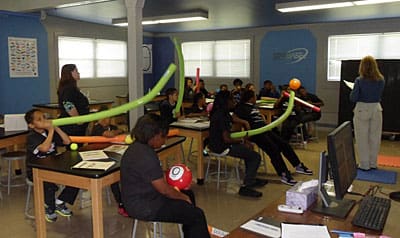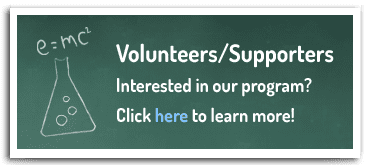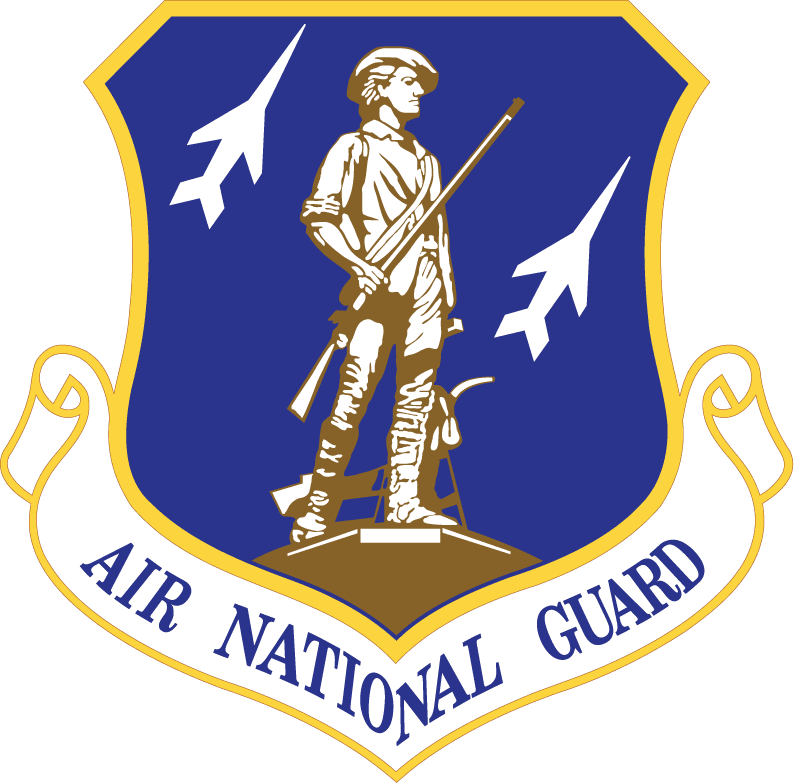Welcome Parents/Guardians!
We are excited your students will be participating in STARBASE Wisconsin, a premiere “hands-on, minds-on” STEM (science, technology, engineering and math) program. The entire fifth grade class will be with us one day a week for five weeks. During those five days, they will use math, science and technology in a variety of hands-on experiments designed to stimulate their interest in science and engineering.
What is STARBASE?
The Program is an interactive academic program that helps youth increase their knowledge in STEAM. During the school year, fifth grade children are taken on a five-week odyssey into the exciting world of the sciences though hands-on activities and experiments, technology projects, and interaction with professionals in STEAM fields. The US Department of Defense has funded STARBASE programs around the country for over 25 years. As the largest employer of civilian and military scientists and engineers, the DoD recognizes the importance of inspiring children to pursue STEAM fields. The Program is located on 51st and Silver Spring Drive, and we are proudly sponsored by the Wisconsin Air National Guard.
What children do?
- Experiment with indoor rockets to learn Newton’s laws of motion.
- Explore solid modeling using Professional Engineering software to design mission vehicles in space exploration and travel.
- Learn the functional/practical use of robots and program LEGO robots to accomplish certain tasks.
- Build molecular models and investigate properties of fluids.
- Build electronic circuits using Little Bits Electronic Kits.
What children learn?
- Math: units of measurement, estimating, plotting, coordinate graphing, interpreting graphs and predicting.
- Science: chemistry, Newton’s Laws of Motion, physics, energy transfer and pressure.
- Engineering Design Process: how to apply science and math content to engineering challenges and develop criteria, test and evaluate designs; essentially, children will learn the entire engineering design process.
- Science and Inquiry: how to ask a question, make a hypothesis, do an experiment, observe and collect data, analyze your data, change a variable, and make a conclusion.
- Solve problems and work in teams.
- How to communicate what they learn; how to take their learning to the next level.




